The Greatest Astronaut Movies Ever Made
Houston, we have some drama.
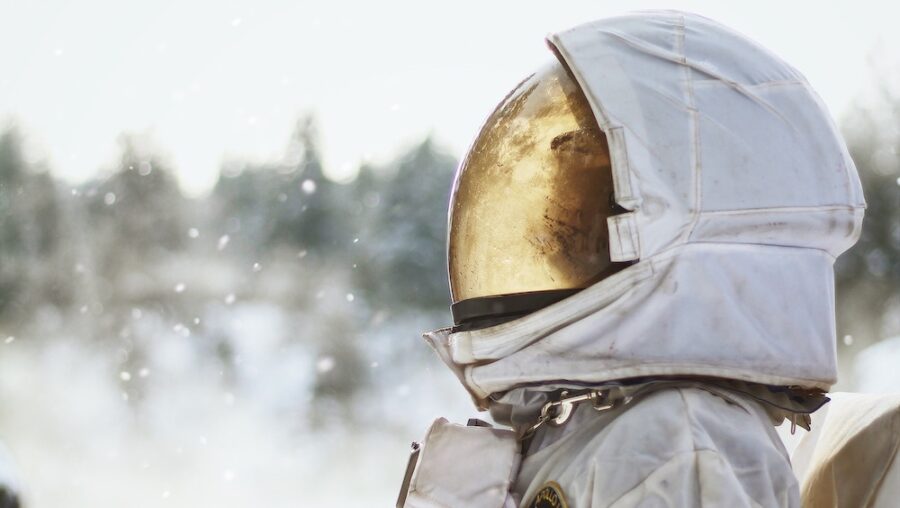
When it comes to great astronaut movies, they can have a few different looks. Sometimes they are historical views at massive moments in history. Sometimes they are futuristic “what if” scenarios that capture our imagination (and terrify us). And sometimes they are just entertaining hops into space for one reason or another.
We wanted to look at some of the great astronaut movies over the years, though we did have some ground rules going in.
First off, these astronaut movies had to be set in the future, but the not-too-distant future. You could argue that Star Trek is about astronauts, sort of, but it isn’t really what comes to mind when you hear “astronaut.”
Additionally, they may veer heavily toward the fiction side of science fiction, but for us, an astronaut movie needs to have a real sense of possibility and verisimilitude. Even if there are crazy elements, it should have a feel of “It could happen, and I could see it in my lifetime”…even if the chances are slim.
Finally, it should tell the story of people whose jobs have taken them into space, whether as scientists, explorers, or something else entirely. The ideal astronaut movie also has a bit of a “procedural” element, reveling in the day-to-day details of working and living beyond our homeworld.
2001: A Space Odyssey
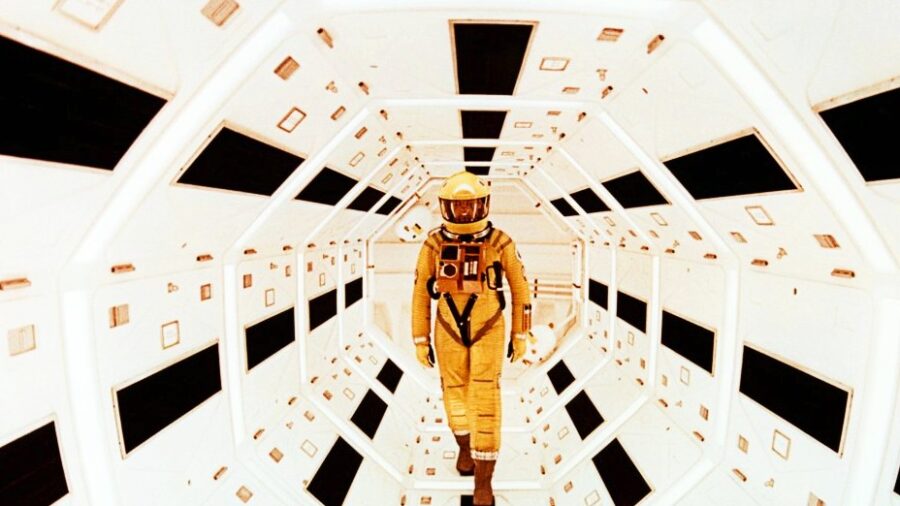
No self-respecting list of astronaut movies would be complete without one of the most iconic entries of all time. Stanley Kubrick’s 2001 explores the mechanics and details of Discovery One’s trip to Jupiter, even before HAL’s killing spree begins.
Kubrick and Arthur C. Clarke’s story is gripping and intense, even with a sometimes leisurely pace. Kubrick’s visuals were so impressive that some folks are still convinced he helped fake the Moon landings. 2001 is a brilliant exercise in visual storytelling, and it’s a classic for a reason.
2010: The Year We Make Contact

Of course, if you’re a regular GFR reader, you’ve probably heard us gushing about Peter Hyams’ astronaut movie 2010 more than once. It’s one of the best movies out there when it comes to evoking the sense of wonder that the best science fiction traffics in, and the “air breaking” sequence is still just as white-knuckling as it was in 1984.
It’s also telling that every time one of our stories mentions Europa, at least one GFR reader will reference 2010’s “All these worlds” transmission. 2001 may get all the hype, but 2010 is the flick I find myself returning to again and again over the years.
Apollo 13
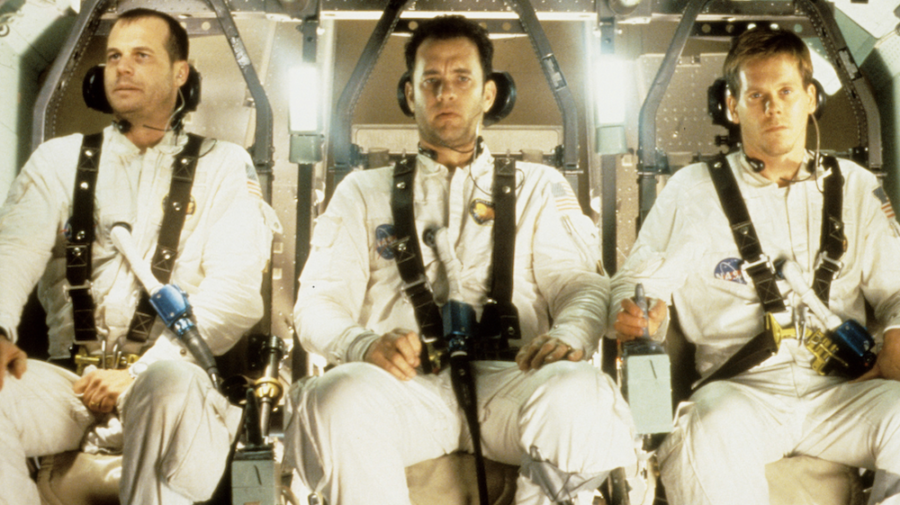
While space exploration is a noble and worthy endeavor, there’s no question that it’s also very dangerous. Apollo 13 is a thrilling example of how badly things can go wrong quickly, and how much more perilous those situations are when you’re miles above the Earth’s surface.
Apollo 13 is one of those astronaut movies where you realize you’ve been holding your breath without realizing it, and it’s anchored by a top-notch cast including Tom Hanks as Jim Lovell, Bill Paxton as Fred Haise, Kevin Bacon as Jack Swigert, Gary Sinise as Ken Mattingly, and Ed Harris as Gene Kranz.
It also set the modern bar for most convincing zero-g sequences. Bonus points if you make Apollo 13 a marathon by slotting it into Hanks and Howards’ excellent HBO miniseries From the Earth to the Moon.
Deep Impact

As the years have passed, Deep Impact seems to have faded from the pop culture memory for the most part, eclipsed even in the short term by the far louder, far dumber Armageddon.
But it’s hands-down the better astronaut movie of the two “We’re about to be killed by an asteroid” films released in 1998 (admittedly, the competition is not fierce), and it’s worth revisiting if you haven’t seen it in a while.
Armageddon leaves our fate in the hands of Bruce Willis, Ben Affleck, and that freaking Aerosmith song, not to mention raising the question of why it’s easier to train oil drillers to be astronauts than astronauts to be oil drillers.
On the other hand, Deep Impact serves up a far more convincing tale of impending doom, but puts President Morgan Freeman and astronaut Robert Duvall on the clock to save the day. I know which group I’d be backing in case of an apocalypse.
Moon
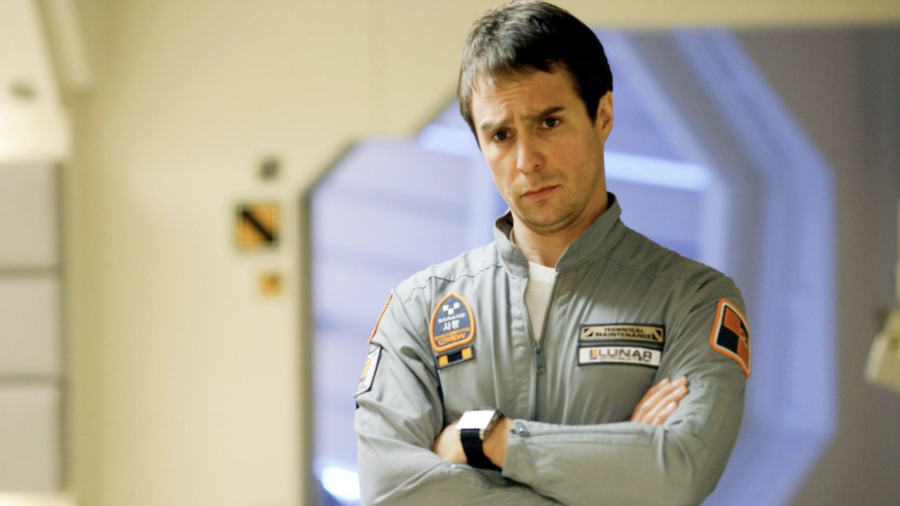
While you can argue whether Sam Rockwell’s Sam Bell counts as an astronaut if you like, Moon directly deals with one of the less glamorous challenges of space exploration: the boredom.
Traveling to any destination further away than the moon means lots and lots of downtime. That’s perfectly demonstrated in this astronaut movie by Duncan Jones and Nathan Parker’s story of a lone worker stationed at a lunar mining facility, his only company a friendly computer named GERTY (Kevin Spacey), until he makes a discovery that throws everything he knows into question.
Rockwell is brilliant in the role, and Jones manages to make a $5 million movie look like several times thanks to some excellent old-school model work. If you’ve somehow made it this long without seeing it, grab a copy ASAP and revel in that blissful ignorance, because you’re in for something special.
The Right Stuff

This is pretty much the astronaut movie, telling the tale of such iconic names as Chuck Yeager (Sam Shepard), Alan Shepard (Scott Glenn), John Glenn (Ed Harris, once again), and Gus Grissom (Fred Ward). (Is it weird that two of the actors share last names with the real-life figures, but not the same last name as their characters?)
Based on Tom Wolfe’s book about the “Mercury Seven,” beginning in 1947 with Yeager’s infamous X-1 flight, and continuing on through the final Mercury mission in May of 1963. The Apollo missions seem to be the most remembered and discussed among the general populace, but there’s material just as compelling in the story of the Mercury astronauts and the by-the-seat-of-their-pants early days of the American space program.
Sunshine
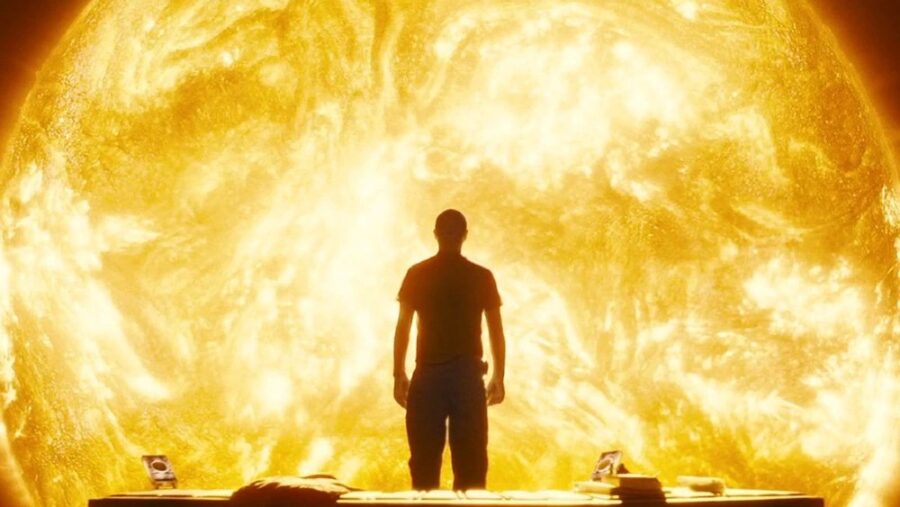
The characters of Sunshine may be up against far higher stakes than most of these astronaut movies — they’re literally trying to save the world. But even among all that tension, Danny Boyle and Alex Garland’s film is jam-packed with a sense of awe and reverence for the cosmos, specifically for that flaming ball overhead that we all take for granted.
It does play fast and loose with some of its science, but the sheer giddy enthusiasm of the filmmakers in imagining what a ship designed to dive into the sun might look like is infectious, and the action set pieces are simply stunning.
The astronaut movie goes off the rails a bit with a clichéd and far less interesting final act, but it rallies with a closing sequence of pure, undiluted beauty. For me, Sunshine is much like 2010, a movie that keeps calling me back as time goes by. I can’t honestly think of a better compliment than that.












